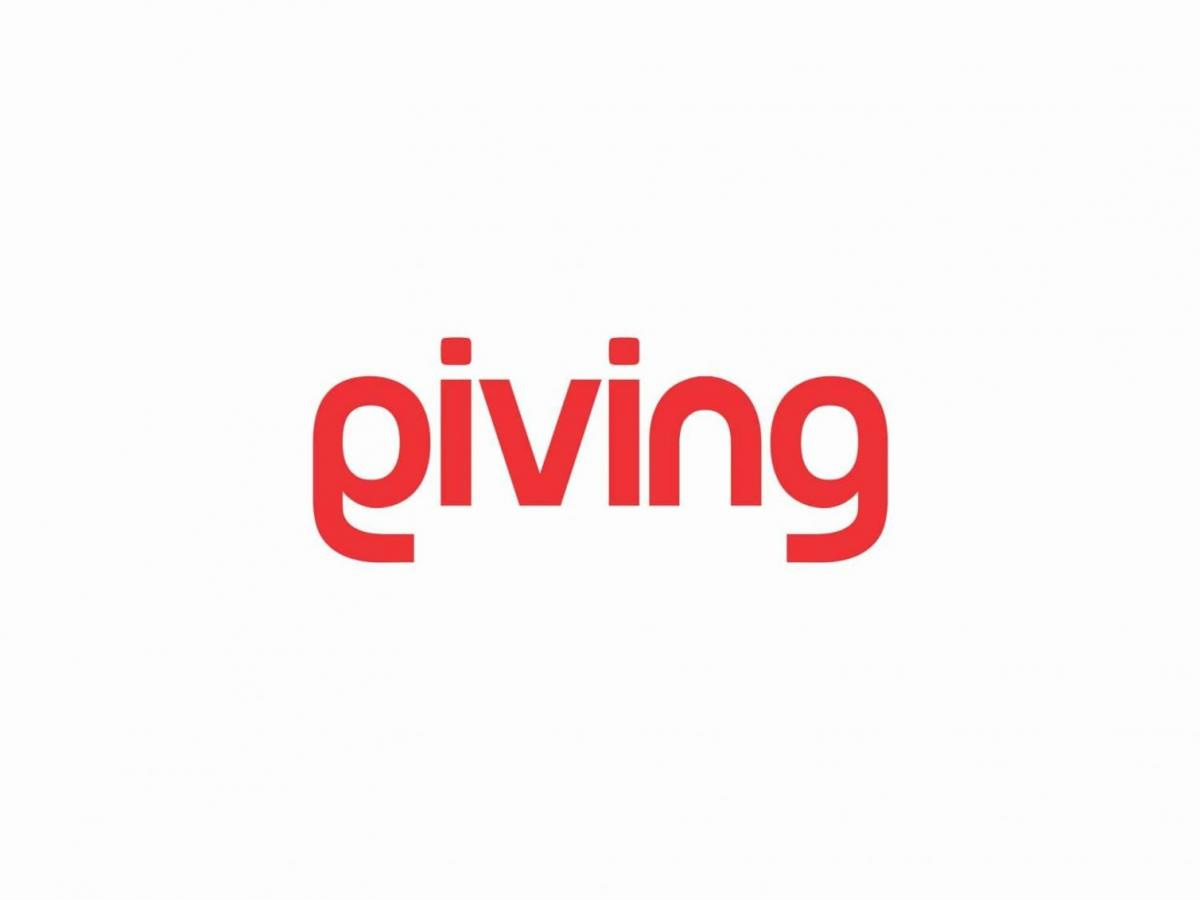INVESTIGATIONS: Nigerians Groan As Zhe Long Investment, Others Kill Economy

- How the Chinese firm subverts local, international business laws
- Task force reveals more breaches by Asian companies
Zhe Long Investment Ltd. (ZLIL) commits the pious frauds of industry. The Chinese company’s business philosophy has too little to do with ethics and everything to do with maneuvers, intrigues, plots, paranoias, betrayals, a great deal of calculation; every kind of con game.
The Capital investigations revealed that its business template, like that of certain fraudulent Chinese companies in Nigeria, is hinged on economic sabotage and security breaches.
Recently, a red flag was raised over wrongdoing by Zhe Long bordering on false declaration, tax evasion, forgery, illegal immigration, concealment and customs duty evasion.
Owned by two Chinese: Wang Fuzeng and Chen Yuping, has as its main objective: “to carry on business as manufacturer, buyers, sellers, traders, importers, exporters, merchant exporters, departmental stores, distributors, stockists, dealers, packers, re-packers, and agents for all sponge mats and foam products.”
The company, according to a search at the Corporate Affairs Commission, was incorporated in Nigeria on the January 11, 2018 with an official address at 4, Eric Moore road, Surulere, Lagos.
Findings revealed, that, the commercial sales invoices of the company are not VAT compliant, since there are no VAT number and amount declared on the document. This to tax experts, constitutes a serious breach of the law by Zhe Long and its customers.
Further investigation revealed, that, there are about 30 Chinese semi-skilled/manual workers operating in the company. Insider sources disclosed that none of these workers has a formal CERPAC documentation, which is clear breach of the nation’s immigration law by both company and the illegal immigrants.
In the areas of import and shipping documentations, Zhe Long has allegedly been falsely declaring a chemical known as Polyol as Polyacetals. Polyols are a group of low-digestible carbohydrates derived from the hydrogenation of their sugar or syrup.
Polyols react with isocyanates to make polyurethanes, which find use to make mattresses, foam insulation for refrigerators and freezers, home and automotive seats, elastomeric shoe soles, fibers (e.g. Spandex), and adhesives.
On the other hand, polyacetal is an engineering thermoplastic used in precision parts requiring high stiffness, low friction, and excellent dimensional stability. It is among plastic materials, with the most crystalline structure. It is also is known for its good fatigue/creep resistance, low friction and good performance in cold temperature.
Sources at the Nigerian Customs explained that the reason for this false declaration is that Polyacetals global pricing is US$600/metric tonnes as against US$2,000 Polyol. The company is also accused of declaring a chemical called TDI as Toluene. Global pricing of Toluene is US$600 as against TDI’s US$2,300.
The consequence of this false declaration according to experts, is duty under-payment and the consequent defrauding of the government of necessary duty and VAT on these transactions.
Aside the loss of revenue accruing to the government, there is a major security implication for the false declaration of TDI. Apart from a chemical used in the production of polyurethanes, primarily for flexible foam applications including furniture, bedding and carpet underlay, as well as packaging applications, TDI is also used in the manufacture of coatings, sealants, adhesives and elastomers.
But due to its potential explosive properties, the material is a controlled substance that requires an End User Certificate (EUC) issued by the office of the National Security Adviser (NSA) for its importation to Nigeria.
Sources close to the company alleged that presently there is no evidence to support that Zhe Long has EUC for its TDI’s importation, which according to security experts, constitute a serious national security breach.
This, is no doubt, a disservice to the few good merchants whose commercial interests in the African continent and Nigeria, in particular are ethical, progressive and borne of noble intentions.
There is no gainsaying the fact, that, in Nigeria as in much of Africa, Chinese investment provokes suspicion and praise, simultaneously.
For the most part, their forays into Africa, command attention. According to Ye Shuijin, President, China Chambers of Commerce in Nigeria, the quantum of investment in the Nigerian economy Chinese companies has hit $20 billion U.S dollars. This colossal figure is estimated from the exploits of about 160 Chinese firms operating in the country. The latter are known to have in their employ, over 200,000 Nigerians.
In February, the Importers Association of Nigeria (IMAN) Special Task Force on Illegal Importation, (South West Zone) sealed five Chinese warehouses over trade infractions. The group also disclosed that a total of ten containers of 6 by 20ft and 4 by 40ft with various infractions ranging from concealments, smuggled goods were intercepted from various parts of Lagos State.
Chief Operating Officer (COO) of IMAN Special Taskforce, Prosper Okolo, said some of the affected warehouses were found to have contravened import laws and duty underpayment.
Okolo noted that some of the warehouses visited by the team involved in the illicit trade are owned by foreigners, mostly Chinese, adding that five suspects have been arrested in the last two months.
While highlighting some of the companies allegedly involved in some of the nefarious activities, the COO fingered Megachem Nigeria Limited, Kevolinks Digital Limited, Kwikfit Nigeria Limited, Inomek Nigeria Limited and Bosac Nigeria Limited as some of the perpetrators.
Okolo noted that “Aside from the concealments, some of them short paid the government to the tune of billions of Naira.”
Meanwhile, it appears Chinese business malfeasance is receiving global attention. Last December, John Bolton, President Donald Trump’s National Security Adviser, accused China of using “bribes, opaque agreements and the strategic use of debt to hold states in Africa captive to Beijing’s wishes and demands”
Chinese counter reaction has also been blunt:“Nigeria has the most thieves in the world,” said Thomas Liu, who runs the medicine company, using the sort of uncompromising language that grates from Accra to Kinshasa. “You have to avoid being tricked.”
Chinese businessmen also claimed they have to negotiate past Nigeria’s bureaucratic gatekeepers for permits and licences. “To visit a government official here, you best have around $6,000 to $10,000 with you,” said Mr Ban, a miner. “Otherwise, forget about getting an appointment.
Mckinsey however asserted that despite the Chinese presence in Nigeria, the organisation said only Ethiopia and South Africa have a high level of engagement.
Despite this umbrage, Jonathan Coker, Nigeria’s former ambassador to Beijing, said western warnings about Chinese investments are hypocritical.
“Diplomats say we will become slaves of China. This is the propaganda of the west,” he said, adding that, Nigeria has much to learn. “China is 10 times the size of Nigeria’s population but they have developed a system that can take care of their people. These are the examples we want to adapt.”








Leave a Reply